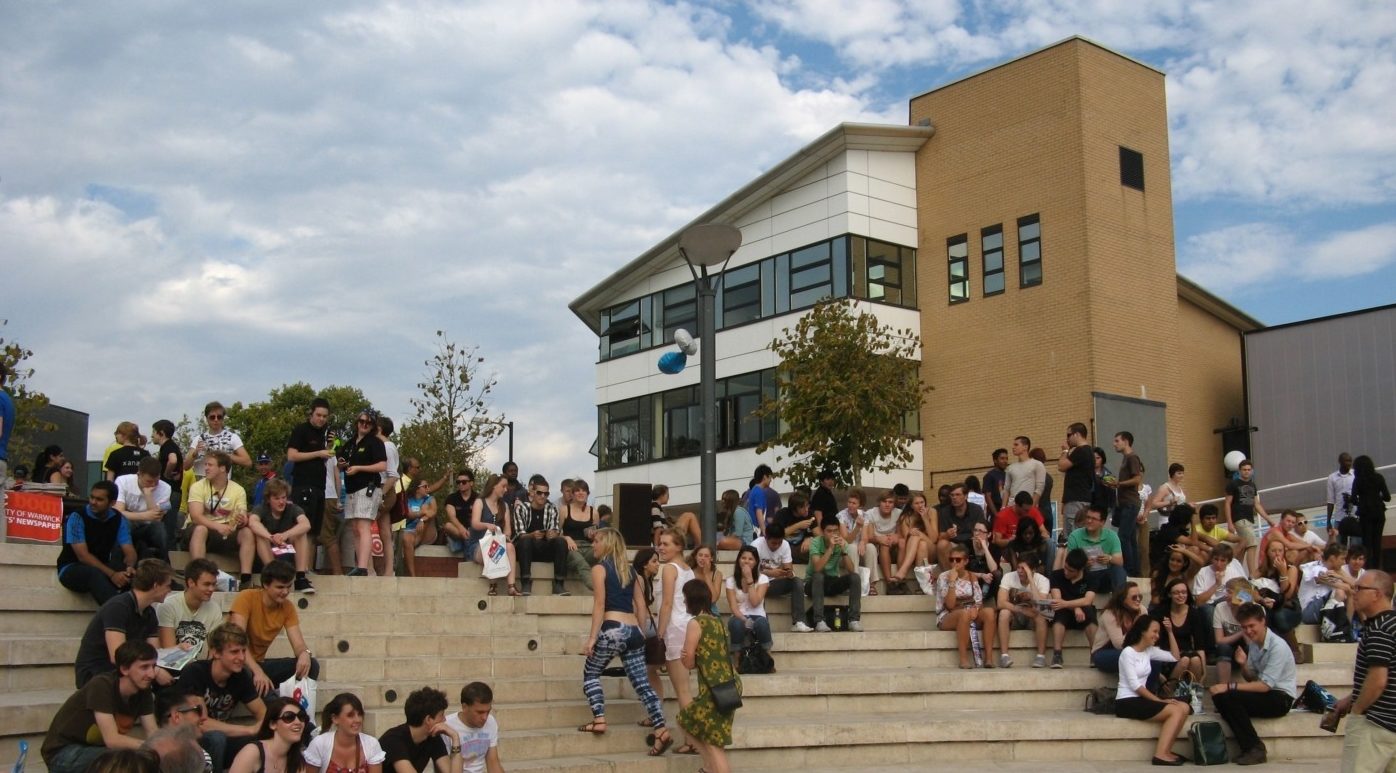Use your first year to start a new chapter in your life – don’t let exams bog you down
First of all, let me say welcome to anyone reading this. I hope you have as much fun as I did. It’s no doubt daunting as well as exciting to be starting a new chapter in your life, and one that you feel you must make the most of. Though I loved first year there is one piece of advice I wish I had gotten – don’t focus primarily on exams.
This may sound like odd advice to give to people who have just decided to spend thousands on a degree, and I’m certainly not devaluing it. Nor am I saying that you shouldn’t try. But the fact remains that first year doesn’t count much, if at all, towards your grade. In many subjects, it doesn’t contribute to your final grade and all you need is a pass. At worst, it’ll be 10% of your final grade. So why focus solely on academics?
Firstly, I think it’s worth noting that grades don’t automatically translate to a good understanding of the subject. After all, there’s a reason you’ve spent so much time learning ‘exam technique’. You’ll be learning skills like writing academic essays, analysing journals, and possibly conducting labs alongside learning new content. It is inevitable grades will temporarily dip. Improving these skills foundationally is more important, so don’t fret if your grades aren’t as high as you’re used to.
But the fact remains that first year doesn’t count much, if at all, towards your grade
Secondly, I think it’s important to continue developing an interest in your subject. You’ll be studying it for at least three years and (probably) made this choice because of a fidelity to it. It’s important to cultivate this by reading around areas that aren’t covered in lectures or examined on. You weren’t born with that interest. It develops as you continue to engage with it. It doesn’t matter if it won’t immediately improve your grade or ‘academic performance’ because that’s not important. Having that passion and commitment is vital going into the weeds of second year exams which can feel suffocating and start you questioning why you chose that subject. And there’s a chance you’ll apply that knowledge to your studies in later years.
Additionally, I would make a conscious effort to make friends. This doesn’t mean making unwanted changes to your personality, but just reach out to others. And neither does it mean downing the dreaded purple in weekly Pop! circles – if you’re more introverted or dislike clubbing you can still socialise. Having friends is vital as you navigate the pitfalls of independent living and the stresses of your degree, and first year is the time to skip some revision for a film night, or a drink at the pub.
I would make a conscious effort to make friends
Finally, it’s important to seriously look at the societies and extracurricular opportunities available at Warwick. There are over 250 societies that cover every activity, interest and hobby, including The Boar (hint hint). It’s overwhelming and can lead to a paradox of choice. I felt like this, and only dabbled my feet in a couple of societies in first term.
It wasn’t until second year when some friends on the exec encouraged me to write for The Boar that I really got involved in a society, and it makes me sad I didn’t start sooner. It’s worth mustering the energy to look around the societies fair. If you have interests, or ever want to try something offered by a society then just try it. And even if you don’t find a society, you can still pursue other hobbies in your spare time. There’s a wealth of opportunities at university, so make sure to look beyond your assignments, exams, and grades.

Comments